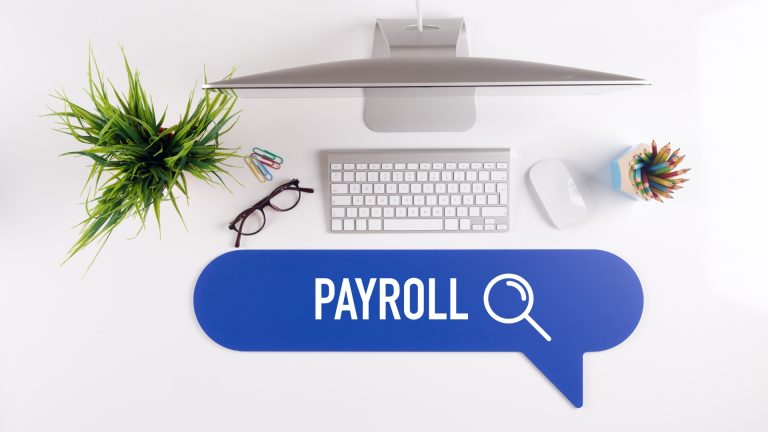Maintaining payroll systems effectively in Singapore is a strategic necessity. Because of recognition by the city-state for financial precision and strict regulatory framework, companies must deal with payroll management with dedication and strategic thought.
Table of Contents
Understanding Payroll Compliance in Singapore
The payroll compliance landscape in Singapore is characterized by:
- Incredibly transparent regulations
- Strict enforcement of labor standards
- Advanced digital governance systems
- Comprehensive employee protection measures
- A commitment to remain competitive in global business
Key Regulatory Bodies and Their Roles
Crucial Singaporean Regulatory Institutions
- Inland Revenue Authority of Singapore (IRAS): Manages intricate tax regulations and reporting requirements
- Ministry of Manpower (MOM): Oversees employment practices, worker rights, and labor standards
- Central Provident Fund (CPF) Board: Manages mandatory social security and retirement contribution systems
- Singapore Companies Registry: Ensures corporate governance, financial reporting, and organizational compliance
Payroll System: Critical Compliance Components in Detail
1. Comprehensive Wage Calculations
In Singapore, payroll systems have to deal with complexities accompanying compensation;
- Demands for base salary computations
- Thorough calculation of allowances
- Mandatory Central Provident Fund (CPF) contributions
- Performance-based bonuses
- Variable components of compensation
- Different statutory requirements for various employee categories.
Also Read : The Role of AI in Modern HR Software: A Singapore Perspective
2. CPF Contributions
CPF represents a unique social security savings scheme with varying requirements:
- Compulsory contributions by employer and employee
- Tiered contribution rates based on age of the employees
- Different rates for Singapore Citizens and Permanent Residents
- Precise calculation mechanisms
- Strict submission deadlines
- Multiple kinds of accounts (Ordinary, Special, Medisave).
3. Sophisticated Employee Classification
Singapore recognizes many types of employees, each having various implications for payroll:
- Singapore Citizens
- Permanent Residents
- Work Permit Holders
- Employment Pass Holders
- S Pass Holders
- Contract and Freelance Workers
Each category means specialized payroll and tax treatment, hence comprehensive system design is paramount.

Payroll System: Taxation and Reporting Intricacies
Comprehensive Tax Considerations
- Progressive Personal Income Tax Structure
- Annual Income Reporting Requirements
- Detailed Documentation Standards
- Specific Tax Deductions and Reliefs
- International Tax Compliance for Multinational Corporations
Critical Reporting Deadlines
- Annual Form IR8A submission before March 1
- Monthly CPF contribution submission
- Quarterly and annual tax reports
- Timely declaration of employment income
Technology’s Transformational Role in Payroll Compliance
Modern payroll technologies in Singapore have introduced sophisticated systems like:
- Automated CPF calculation engines
- Real-time regulatory update mechanisms
- Multi-currency processing
- Comprehensive reporting tools
- Seamless integration with government digital platforms
How SMEPAYROLL Supports Singapore Business Compliance
SMEPAYROLL has been developed specifically to assist Singaporean businesses with:
1. Localized compliance management
- Automatic regulatory updates
- Precise CPF contribution calculations
- Real-time tax and reporting adjustments
2. Advanced reporting capabilities
- Automated IR8A form generation
- Comprehensive financial reporting
- Audit-ready documentation
3. Multilingual and cultural support
- Support for English, Mandarin, and Malay
- Understanding of local business nuances
- Cultural sensitivity in payroll management
4. Cybersecurity and data protection
- Full compliance with the Personal Data Protection Act (PDPA)
- Advanced encryption protocols
- Secure cloud storage solutions
Payroll Compliance Best Practices
1. Continuous Learning
- Continual professional training
- Regular subscripting of updates
- Workshop participation
2. Technological investment
- Advanced payroll operations management
- Complex calculation automation
- Regular update of the software
3. Record keeping
- Complete documentation of compensation
- Long-term record maintenance
- Tracking finance transparently
Also Read : HRIS Software | All-In- One HR Platform
Conclusion
Navigating Singapore’s complex landscape of payroll compliance, with its multiple facets, calls for a combination of technology-driven efforts, regulatory knowledge, and the development of consistent practices and implementation strategies. While it may take the properties of risk and vulnerability to organizations, via leveraging expert solutions like SMEPAYROLL and having in place proactive compliance-alliance strategies, payroll management can be managed in an advantageous and competitive manner.






















Leave feedback about this